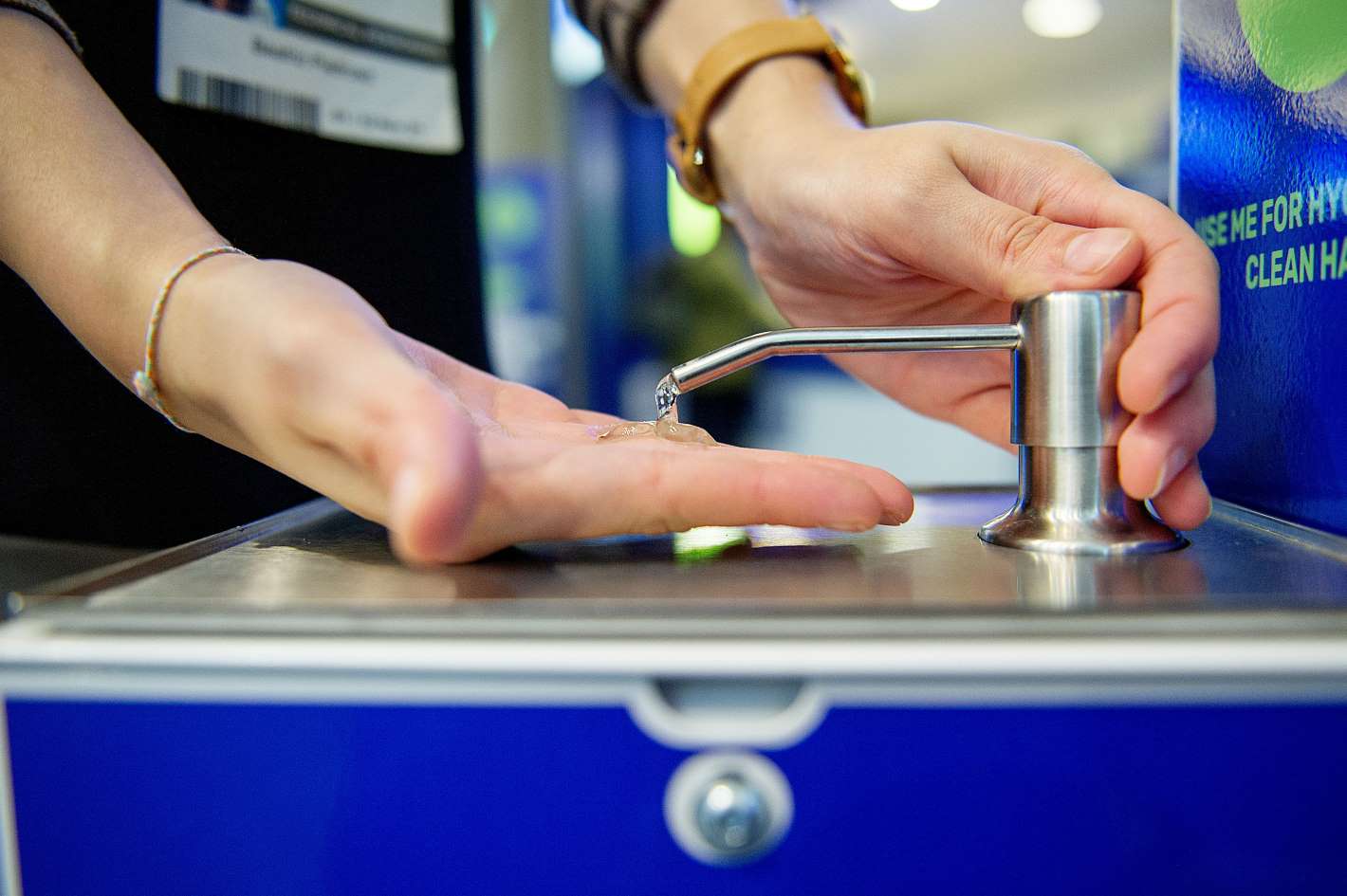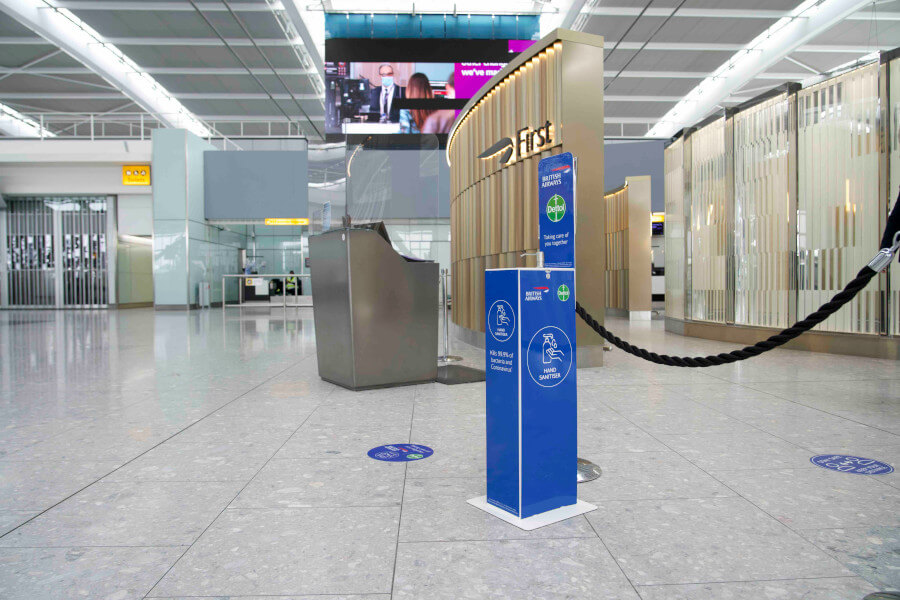Lessons learnt from COP26 that can help create a more hygienic future
The first UK lockdown – announced on 23 March, 2020 in a televised press conference – may seem a distant memory, but its legacy looks set to remain for some years to come. Transposing science and health to the news desk, the pandemic has positioned hygiene as a priority and thus evolved the nature of interaction between science and consumer.
The pandemic has also changed how people interact with businesses – research from Dettol Pro Solutions reveals that 78% of consumers are still concerned about germs1 – as well as the minimum expectations around operating. Since the beginning of the pandemic, consumer expectations of cleanliness have been vastly elevated, and preventing the spread of illness-causing germs should now be a top priority for businesses. Around 85% of business leaders believe that having the right products and processes for cleaning and disinfection is one of their most important job responsibilities. However, 70% do not have any specific expertise in this area.2
With the pandemic still ongoing in 2022, how can businesses enhance their hygiene protocols to reassure customers and staff?
Lessons in event hygiene
Whilst hesitancy could remain around staging large events, both consumers and organisers are looking at hygiene measures to support a return to large scale events at venues of all types.
Lessons can be learned from how large-scale events, such as COP26, have been successfully run where authorised by local regulation; for example, Public Health Scotland (PHS) confirmed that there was “no evidence” of any connection between a rise in cases and the two-week long climate summit held in November 2021.3
The UN Climate Change Conference was one of the largest physical events to be held since the beginning of the pandemic, covering a conference space larger than 30 football pitches and containing 50,000 high-traffic germ hotspots. As the official hygiene partner of COP26, Dettol Pro Solutions – Dettol’s business-to-business offering – developed a tailor-made targeted hygiene program that has become a tried and tested case study and part of a legacy for the conference that can be adapted and implemented across many different business environments.
Dettol Pro Solutions’ team of virologists, microbiologists, and medical scientists took the same approach in developing a custom targeted hygiene program for COP26 as it does for businesses, dedicating hours of technical support to creating and delivering bespoke protocols that could keep businesses hygienically clean.
This targeted hygiene approach means focusing hygiene practices at the times and in the places that matter most, to help reduce the spread of bacteria. Hygiene intervention includes not just cleaning and disinfection, but also hand hygiene – washing or sanitising – which should be carried out when it is most needed, such as when arriving at work and after using the toilet.
Developing hygiene protocols
Office cleaning and disinfection protocols developed by Dettol Pro Solutions are created, reviewed, and approved by scientists with specific working environments in mind. Dettol Pro Solutions has a proven track record of providing reassurance for businesses and consumers, with 72% of people indicating that they feel more confident to engage with a brand if a Dettol partnership is in place. As such, businesses can look at implementing the following steps to instil confidence and peace of mind among employees and consumers:
- Identify high-touch ‘hotspots’: Areas that are frequently touched and shared represent potential hotspots (e.g., lift buttons, doorknobs, phones). Additionally, eating and drinking areas such as a communal kitchen are higher-risk due to hand-to-mouth contact.
- Devise an effective protocol: Implement a targeted hygiene approach that is informed by science, to help interrupt the chain of infection. Helping prevent spread of germs is critical to reassuring employees and increasing their confidence in workspaces.
- Use trusted products: use products with efficacy proven on viruses and bacteria. When used as per instructions of use disinfecting products can significantly reduce the germs on surfaces or hands. For example, during COP26 event, the organisers and guests were invited to sanitise their hands regularly with Dettol antibacterial Hand Sanitiser Gel. Cleaning protocols also included the use of Multi-Purpose Disinfectant Spray and Cleansing Surface Wipes, proven to kill 99.9% of bacteria and viruses including SARS-CoV-2 virus.
- Timing, frequency, and verification of protocols: Once cleaning and disinfection protocols are established, the critical element to reducing the potential for germ transmission is the timing and frequency of cleaning and disinfection. High traffic areas require attention immediately after usage. Likewise, small, irregular surfaces will need more frequent cleaning throughout the day. Once a targeted hygiene program has been implemented, it should be regularly tested for effectiveness and refined accordingly.
In the midst of uncertainty, one thing is certain – for businesses, applying hygiene protocols today will help to secure the confidence of consumers tomorrow.





